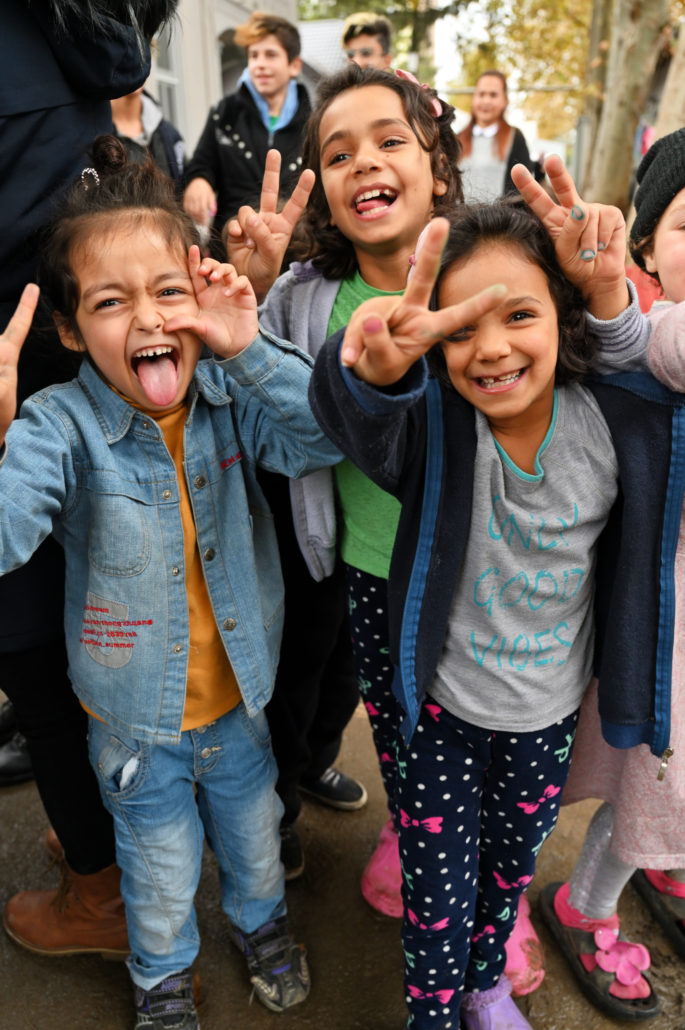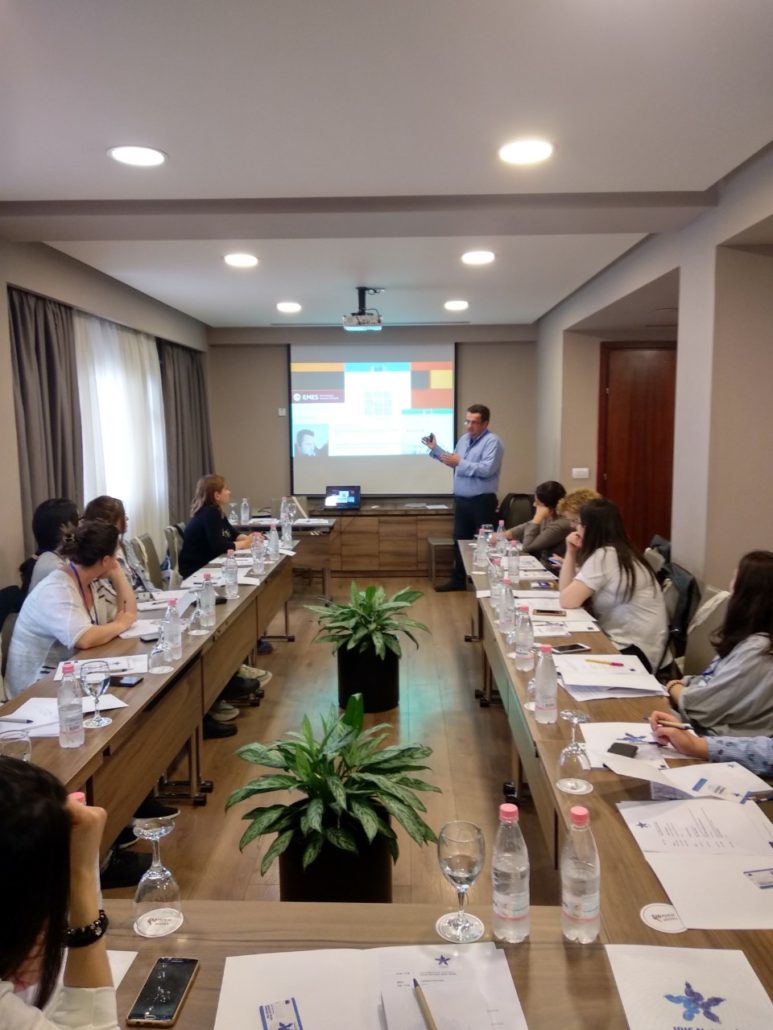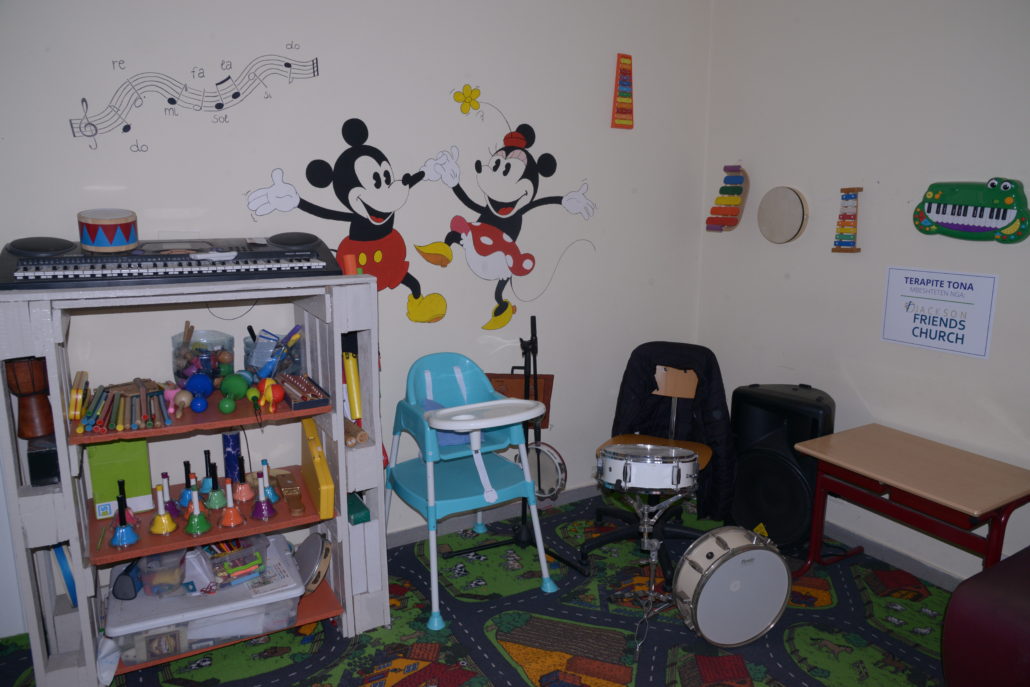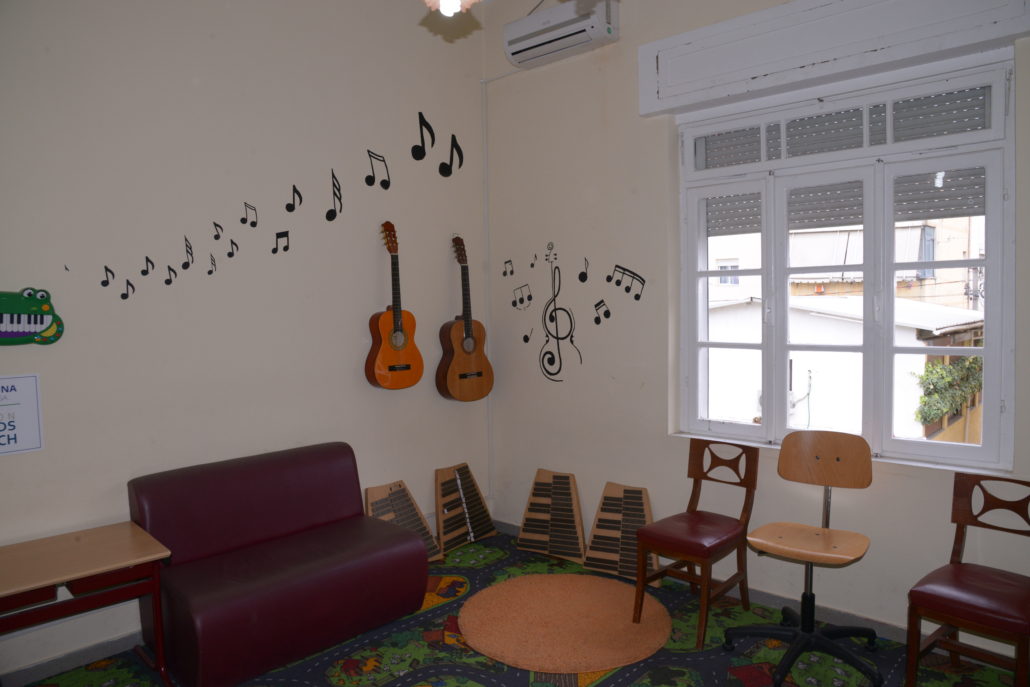IRIS Balkan Media Caravan on the way through the migrants route
After 6 days of visiting refugee camps along migrants route in Macedonia, Serbia and BIH, we concluded the Balkan Media Caravan, an initiative of IRIS network which was held from 3rd – 8th of November. The event was organized by IDC Serbia and ASB South East Europe, with support of national partners.
The aim of the caravan was to enhance human, sensitive and objective reporting on migrations in the region by increasing the level of knowledge and information among journalists.
The caravan gathered 20 young journalists of reputable national and local radio stations, television, newspapers and digital media on the 6-day training aimed at sensitization of reporting about migrants and refugees while tackling the topics of integration of migrants and reintegration of returnees into the society.


The Media Caravan included trainings, workshops, lectures from human rights defenders and journalists from the region and field visits to refugee camps in North Macedonia, Serbia and Bosnia and Herzegovina, with the possibility to conduct interviews with migrants in these countries.
Participants were journalists from media outlets in Albania, Montenegro, North Macedonia, Serbia and BIH.


During the Caravan, the journalists had a task to produce, as an output of the Media Caravan, up to 15 reports in their media outlets, which have been prepared under the guidance of experienced trainers-journalists and which have been published and broadcasted by journalists in their media outlets.
Besides training and field visits to migrant reception and transit camps in 3 countries the journalists had an opportunity to meet local CSOs providers of social services to migrants/refugees/returnees and the representatives from local health institutions.



The Balkan Media Caravan had high coverage during the trip and afterwards.
Participants were from different national and regional media outlets, covering all together more than 10 million people in Western Balkans countries:
1. Radio Television Serbia
2. Radio Television Bosnia and Herzegovina
3. Radio Television Montenegro
RTCG NVO Sektor – Balkan Medija Karavan
4. Radio Television Albania
5. Regional television N1 (Belgrade, Sarajevo, Zagreb)
N1 u kampovima Tabanovci i Vranje – Balkan Medija Karavan
6. TV Alsat M North Macedonia
Alsat M on Balkan Media Caravan
7. TV Clab TV Albania
8. Radio MOF North Macedonia
Radio MOF on Balkan Media Caravan
9. Daily newspaper Danas Serbia
Migranti od Avganistana do Severne Makedonije
10. Daily newspaper Nezavisne novine Bosnia and Herzegovina



11. Weekly newspaper Monotor Montenegro
BALKANSKA RUTA, PUT MIGRANATA KA EVROPI (II) – KAMPOVI U BOSNI I HERCEGOVINI: Zaglavljeni u beznađu
12. National Agency FoNet Serbia
13. Web media Faktor Albania
Up till now, 23 reports were produced and broadcasted regarding Caravan and migrants crisis on Balkan route: 10 TV, 8 printed, 1 radio, 3 agency and 1 web reports.
Additional to this, reach was increased by posting all reports that were produced in traditional media on their web sites, Facebook and Twitter pages, increasing also the frequency of the event and closely influencing on the our target group.
Over 7million people were potentially reached through broadcasting TV reports, with additional reach of almost 500,000 people trough newspapers, web and radio publications. Campaign on Facebook, Twitter, YouTube and Instagram brought us reach over 200,000, so we can easily say that IRIS Media Caravan media outputs potentially reached over 7,5 million people across the Western Balkan countries.
***
20 journalists from 5 countries spent 6 days on the caravan visiting 3 countries, 7 migrant camps and 10 CSOs providers of social services for migrants along the route
Balkan media caravan is organized in the framework of the project ” IRIS networking CSOs for protection sensitive migration management”, implemented by IDC Serbia in cooperation with partners ASB South East Europe, LIR CD, SOS Podgorica, Отворена Порта – Open Gate: La Strada, North Macedonia, and Nisma për Ndryshim Shoqëror, ARSIS Albania
Project is funded by the European Commission.






























